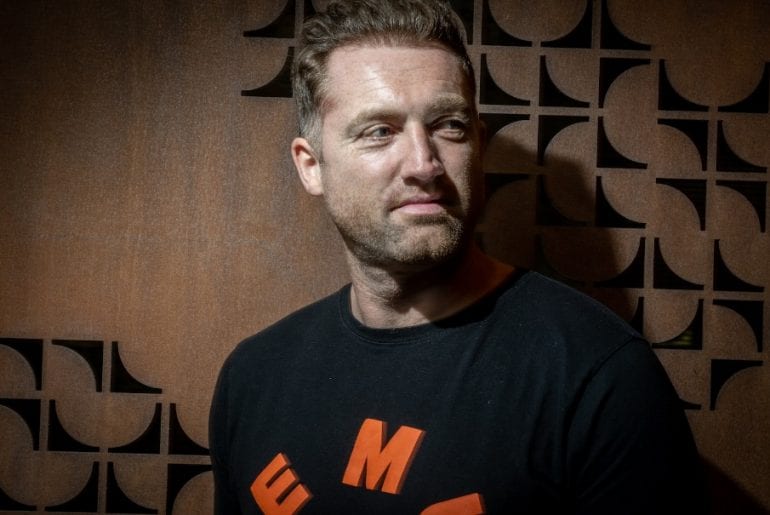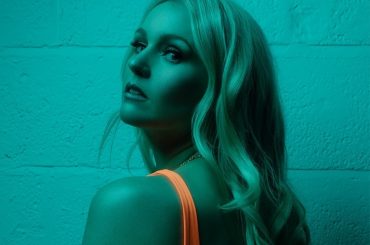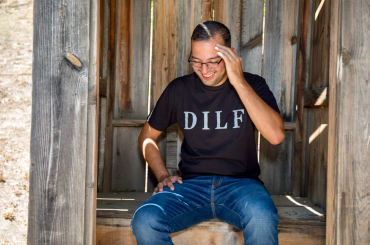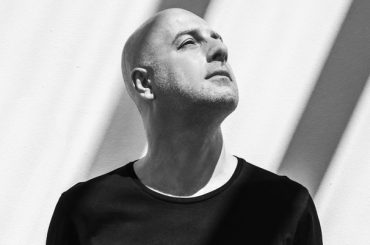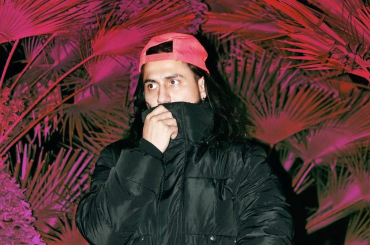When the Coronavirus shut us down, clubs and festivals ceased, and everyone was essentially forced inside with no definitive end in sight, DJ Times wondered: How is our tribe coping? How are DJs getting by?
So, we sent out our “Coronavirus Questionnaire” to DJ/producers from all musical genres to find out. During this period, DJ Times will continue presenting the questionnaire responses from talented music-makers from all over the world. Here’s our latest entry, this time from South East England, the West Sussex-based multi-talent Richard Earnshaw.
What’s it like where you’re living? How did you spend most of your time? I’m very lucky to be living in a quiet and peaceful corner of West Sussex, U.K., right by the sea surrounded by countryside. We were, like the rest of the U.K., locked down, but in comparison to the bigger towns/cities, the difference between pre-lockdown and lockdown life wasn’t quite as obvious, as it’s already a quiet area. I’m a keen mountain biker, so I spent my exercise time blasting about the countryside. Other than that, it was business as “usual” in the studio.
Did you lose important gigs, or income-producing work? I try not to think about the gigs that were lost. No matter how large or small, they’re all important. I have a busy studio life, as well as a DJing one, so I focused on the positive side of music-making. Without the constant travelling, I was able to immerse myself in the studio and enjoy writing and producing.
Are you doing anything now that can or will produce music-related income? Have you learned anything in the downtime? I’ve always been a songwriter, producer, remixer, mix engineer since the beginning, and I’ve never let that slip. I suppose it’s my “day job.” And the record label/publishing business – Duffnote and its affiliated labels – takes a lot of time as there’s a lot going on behind the scenes. DJing, even at the best of times can be precarious so I’ve never actually considered it a reliable income.
What are you doing now that’s ultimately constructive to your music life/career? For example, any releases during this period? As an artist, I’ve been writing and collaborating with a number of artists… creating music and releasing on my own labels as well as others. I think the lack of the dancefloor distraction really helped me reacquaint myself with my “old self” from when I was starting out – making music for the sheer love and passion of making music without thinking: “Will it work on the dancefloor?” With no dancefloors, making music became more exciting, more fun… which moves neatly into the remixes I been working on, in particular, Kylie Auldist’s “Is It Fun.” The answer is yes… it is fun!
In the studio, what’s your set-up? I mainly use Logic Pro, but will often migrate stems into Pro Tools for mixing, but definitely for mastering. The change of DAW scenery helps my brain engage a difference process when I’m putting the finishing touches to a mix. I use the Slate Digital bundle a lot, Native Instruments, Fabfilter, Soundtoys and also the Arturia bundle… not just because their synths are decent, but also the dynamic processing plug-ins they’re rolling out. A lot of my final mix tweaks are through hardware and everything funnels into my SSL X-Desk, which I couldn’t love any more if I tried.
What’s your creation process in the studio? It varies, really. If we take a remix, I’ll drop the vocals into a fresh session and start jamming on the piano until I’ve got something I can build from. With the “Is It Fun” remix for Kylie Auldist, I re-created some of the original parts, so it was similar, but different. When I’m working on my original material, a lot of it comes from playing the piano. Mucking around on the synths, I’ll get a flash of inspiration at any given point, and then start working the ideas. I keep my drum programming very, very simple to start with; otherwise, I can end up down the rabbit hole and, before I know it, I’ve spent eight hours on snares and, basically, got nowhere.
What’s your typical DJ set-up? Typically, it’s a Pioneer set up… always has been Pioneer since the move from vinyl to CDs. There are some exceptionally good alternatives out there – but if it works, it works. DJ technology has expanded massively in the last few years, allowing all sorts of creativity, which is incredible to see/hear. But for me, the creativity is already there, in the records made by the artists, the records/edits I make, those little “my-use-only” versions of tracks you can’t buy. So, I’m quite happy playing off vinyl, the latest Pioneer decks or CDs off an old CDJ covered in dust.
What’s the most surprising thing you’ve realized during the period of social distancing? There’s not a lot that surprises me anymore, but over and above everything else, was the rampant purchasing of toilet paper. That, without doubt, is the most ridiculous thing I’ve witnessed. It’s not even a consequence of social distancing, but nevertheless, there must have been some epic arse-wiping going on!
Have you done any online streaming? Despite being asked many times, I left the online streaming thing well alone. I didn’t feel the need to do them. I already do the iCulture Radio show with Steve Taylor and also a monthly on Mi-Soul/Mi-House. Radio saw a huge rise in popularity through the pandemic, so I focused on making those shows positive listening experiences.
Any theme tunes recommended for the moment? Ha-ha… I can’t say I’ve given it much thought! But since I’ve always tried to keep a positive grip on things over the last 18 months, then… The Beatles’ “Here Comes the Sun” works for me.
Any advice on staying sane & relatively positive through this situation? Keep fit, look after your mental health, eat well, laugh a lot – and embrace each and every moment.
To check out more Life in Lockdown interviews, click here.
DJ Times Magazine is copyright © 2021 by DJ Publishing, Inc. www.djtimes.com


